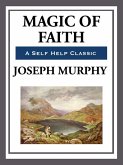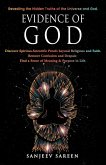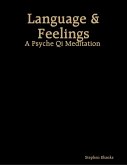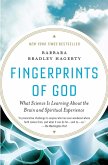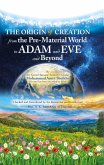How can we know whether or not God exists? For the last few centuries many scientists have promoted an atheistic or agnostic reply. In the latter half of the twentieth century, however, a set of remarkable discoveries about the origin and development of the universe dramatically jolted the foundations of their position. Have cosmologists been forced to acknowledge the existence of God? If so, how?
Historically, the question "How did the universe begin?" has evoked chauvinistic replies from opposing camps:
. Scientists have said that there may be an answer, but it will come only through a study of science.
. Theologians have said that there may be an answer, but it will come only through a study of theology.
. Philosophers have concluded there is no answer. Some existentialists go so far as to declare that the question itself is absurd.
To tell the story of how the question has been answered-independently and corroboratively, by both science and theology-is the purpose of this book.
Historically, the question "How did the universe begin?" has evoked chauvinistic replies from opposing camps:
. Scientists have said that there may be an answer, but it will come only through a study of science.
. Theologians have said that there may be an answer, but it will come only through a study of theology.
. Philosophers have concluded there is no answer. Some existentialists go so far as to declare that the question itself is absurd.
To tell the story of how the question has been answered-independently and corroboratively, by both science and theology-is the purpose of this book.
Dieser Download kann aus rechtlichen Gründen nur mit Rechnungsadresse in A, B, BG, CY, CZ, D, DK, EW, E, FIN, F, GR, HR, H, IRL, I, LT, L, LR, M, NL, PL, P, R, S, SLO, SK ausgeliefert werden.




